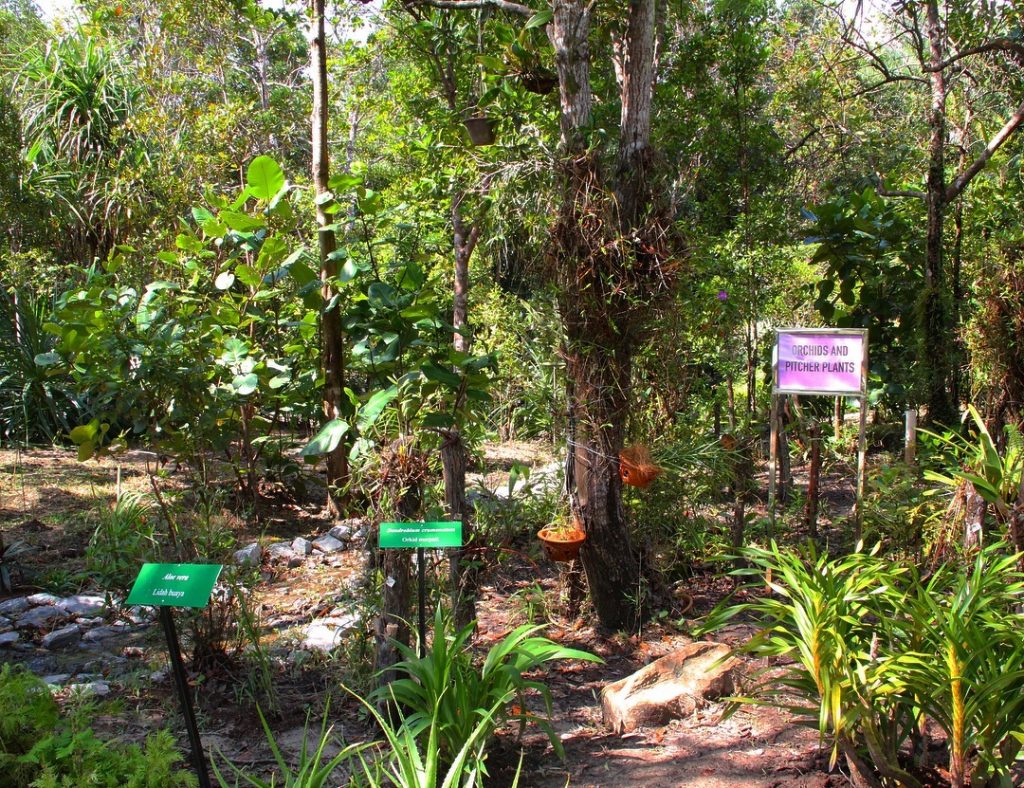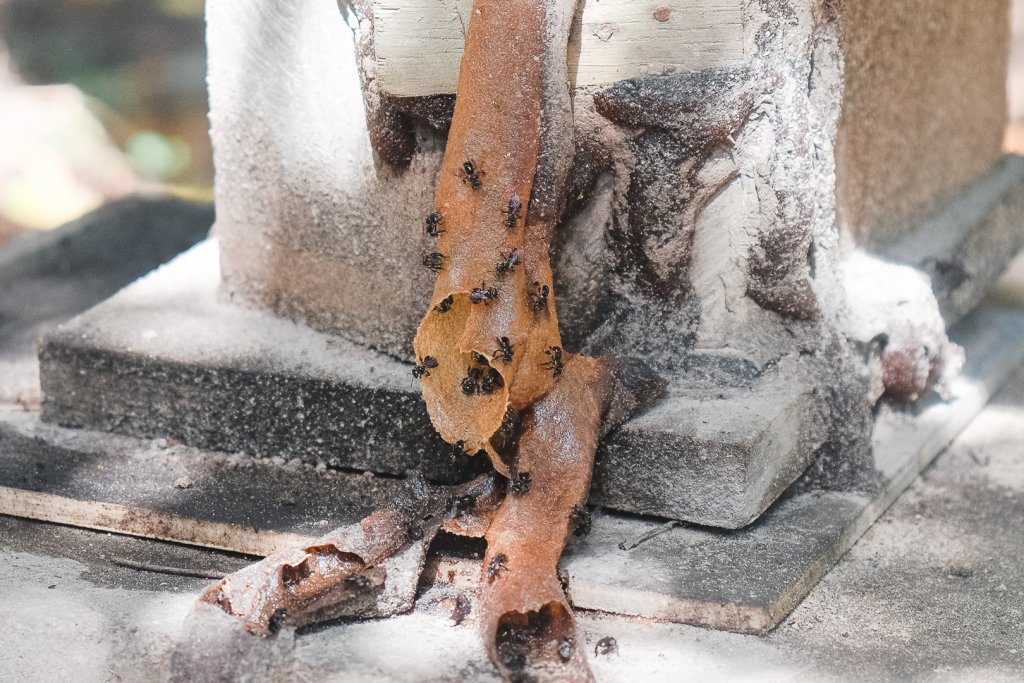BRUNEI-MUARA – As the world faces the worst biodiversity crisis in human history, Brunei remains a rare pocket of pristine plant and animal life on Borneo, as deforestation, poaching, industrial farming and pollution threaten wipe out the island’s unique biodiversity.
Borneo is home to about six percent of global biodiversity, and 300 out of the 390 species endemic to the island are present in Brunei.
“There is incredible biodiversity here in Brunei, it’s difficult for people to realise this,” said Dr Daniele Cicuzza, curator of Universiti Brunei Darussalam’s new Botanical Research Centre. “Elsewhere, if you move north or south, the biodiversity decreases.”
Opened in 2018, the research centre was built on a five-acre plot of heath forest, with the aim of hosting international research into botany and sustainable use of tropical resources.

Dr Cicuzza said the centre is an educational tool that will promote conservation of tropical plant species, while also identifying which plants have potential for commercial use in herbal medicines and beauty products.
While commercialisation may seem counter-intuitive to tackling biodiversity loss, the botanist said it can be a useful tool that shows us which plants are essential for day-to-day life, and therefore important to conserve.
“The idea is to use the garden as a tool to engage the younger generation, and Bruneian residents in general, on the importance of biodiversity and how that can lead to conservation.”
The garden hosts more than 200 species of plants and trees, and there are already a few projects in the pipeline to develop skincare products derived from fruit such as kembayau.
However, commercialisation is still a long way off, said Cicuzza.
“From the time you screen the plants and identify the molecules, to developing products… it’s a long term investment,” he noted, adding that it’s sometimes difficult to convince people of the value of the research centre.
Scientists at the centre have already identified a number of local plants used in traditional medicine to treat ailments such as fatigue, diarrhea, minor cuts and bruises, high cholesterol and sugar levels. But more academic research needs to be done to determine the full medicinal and health benefits of these plants.

More research collaborations
As part of the Botanics Gardens Conservation International — a global network of 500 botanic gardens in 100 countries — UBD’s Botanical Research Centre is hoping to attract more global experts who can help develop the garden’s potential.
“We would like to collaborate with international organisations in order to get funding that will support our activities,” said Dr Cicuzza.
The the centre is already involved in a large conservation project funded by the National Geographic Society, which will see botanic gardens within Borneo work together to conserve a number of endemic dipterocarp species in danger of extinction.
“Dipterocarps are the most important tree family in Borneo,” said Cicuzza.
“Most of them are extremely good for timber, and for this reason their population has decreased dramatically. There are 20 species in danger of extinction.”

The curator believes that in order to preserve Brunei’s fragile biodiversity, there needs to be more local botanists working in the field.
Grooming young scientists is key to conservation and sustainable management of the Brunei’s forests, he stressed.
“The pristine forest that we still have here in Brunei should be seen as the country’s second oil, an attraction that can bring in high income. But to do this, we must ensure that biodiversity is not only protected but also promoted.”

